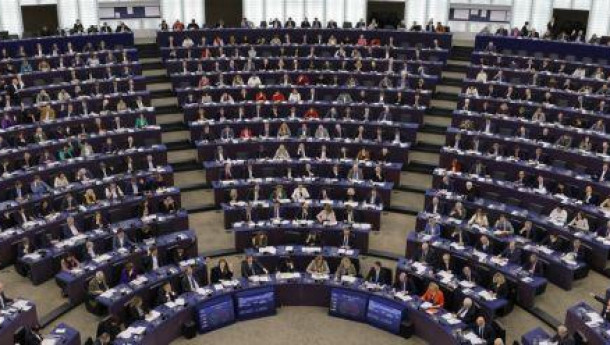
The European Commission is following developments concerning investigations in Cyprus following the revelations of the Cyprus Confidential investigation and is working closely with the Cypriot authorities on the final beneficiary register to avoid sanctions circumvention risks against Russia, European Commission Vice-President for Democracy and Demography, Dubravka Suica, said on Wednesday.
Speaking during a debate in the European Parliament's plenary session on ways to close all financial system loopholes in the wake of the "Cyprus Confidential" investigation by ICIJ, the Commissioner said that the Cypriot authorities had already announced that they would investigate all such allegations and that the Commission was monitoring developments.
Four of the six Cypriot MEPs also addressed the debate. Loucas Fourlas of the EPP group said that what has come to light about the journalistic investigation on Cyprus should be thoroughly investigated and those who stole and broke the laws should go to jail, no matter how high up they are. He noted, however, that Cyprus is being blamed for a programme which it has abolished in November 2020, while this programme is in force in other European countries.
He also recalled that the EU "made Cyprus a guinea pig in 2013, with the haircut of deposits" and that Cyprus on the basis of Principles and Values "has always supported the decisions of the European Union, even if they had huge economic and political costs for our country". He said he was defending his people and his country, and not "the thieves" and those who exploited any weaknesses in the programme.
MEP Giorgos Georgiou, of the Left group, said that honest journalists reveal the depth of a system of corruption and intrigue, and that it is this "that, with their inaction and addiction to opacity, the EU institutions themselves are preserving." He noted that presidents, prime ministers and other officials of member states are occasionally implicated in scandals, "including, unfortunately, the former president of my own country, Cyprus."
He said that the people of Cyprus, however, are not thieves. "They are honest people who struggle to make ends meet. And they get angry at what they hear because they know that nothing will be done, neither here nor in my country," he added.
MEP Eleni Stavrou, also of the EPP group, said that the competent authorities, at national and European level, should investigate the allegations in depth and act accordingly.
She said that these reports go back 30 years and pointed out "the tremendous progress Cyprus has made in recent years on issues of transparency, oversight, and laundering, as expressed by the statements of American and European officials who praise the progress of the Republic of Cyprus." Despite traditional relations with Russia, the Republic of Cyprus "immediately supported all sanctions against it, unlike other much stronger member states," he said.
MEP Dimitris Papadakis, of the Socialists and Democrats group, said that at a time when the Cypriot people were paying a huge cost by imposing sanctions against Russia, "unfortunately, a few, taking advantage of gaps in the timing of the sanctions, proceeded to change the ownership of companies that would have been included in the sanctions list."
"All this for personal profit, not even caring about the reputation of their country, feeling that they are operating in a regime of lawlessness and impunity," he added. Unfortunately, he said, the "negative mention of my country's name was tarnished by these few and added to the negative reports of Cyprus' involvement after the Panama Papers, the golden passports and Pegasus." He concluded by noting that last week Cyprus launched the electronic system for the final beneficiary register and said that the Commission is working closely with the Cypriot authorities to avoid circumvention risks.


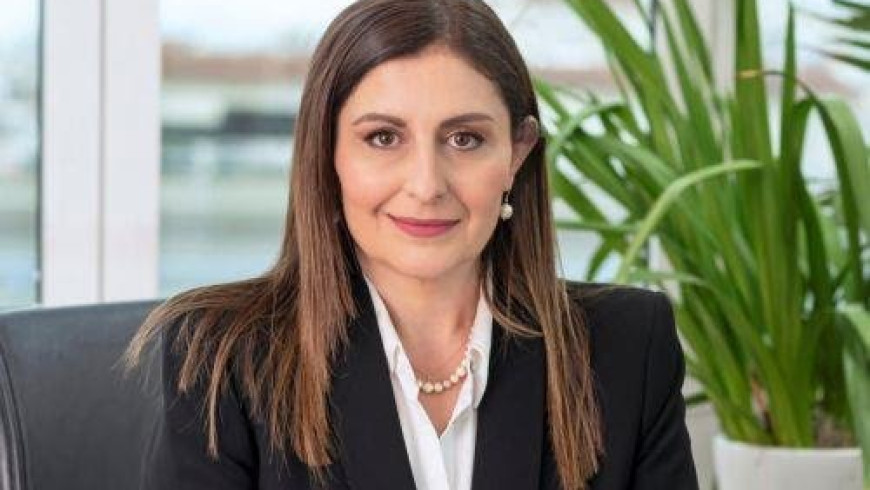



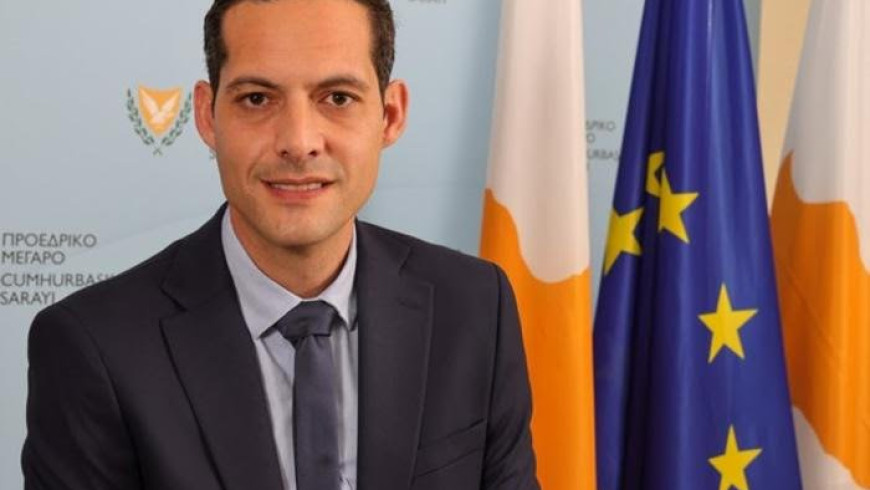
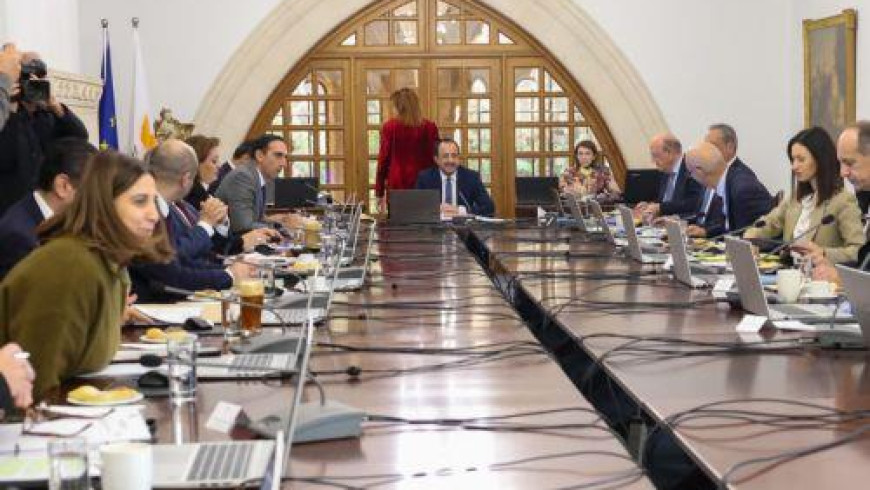
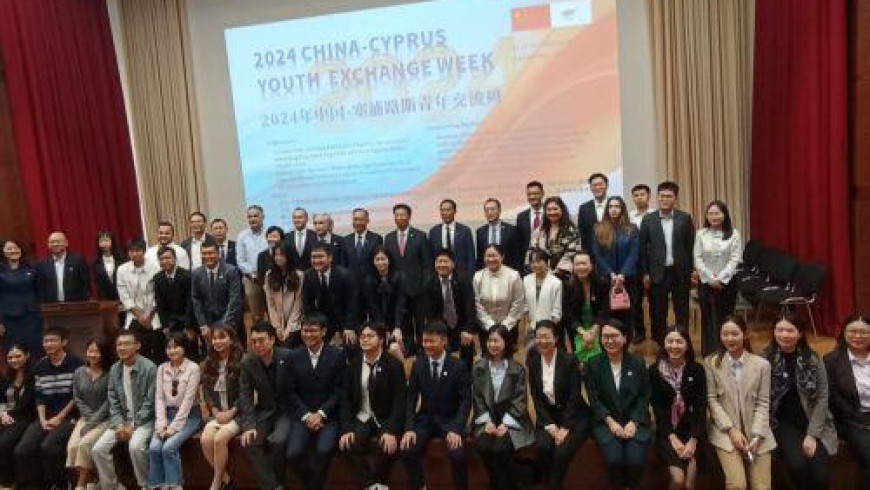





 3287.99
3287.99 1275.09
1275.09
